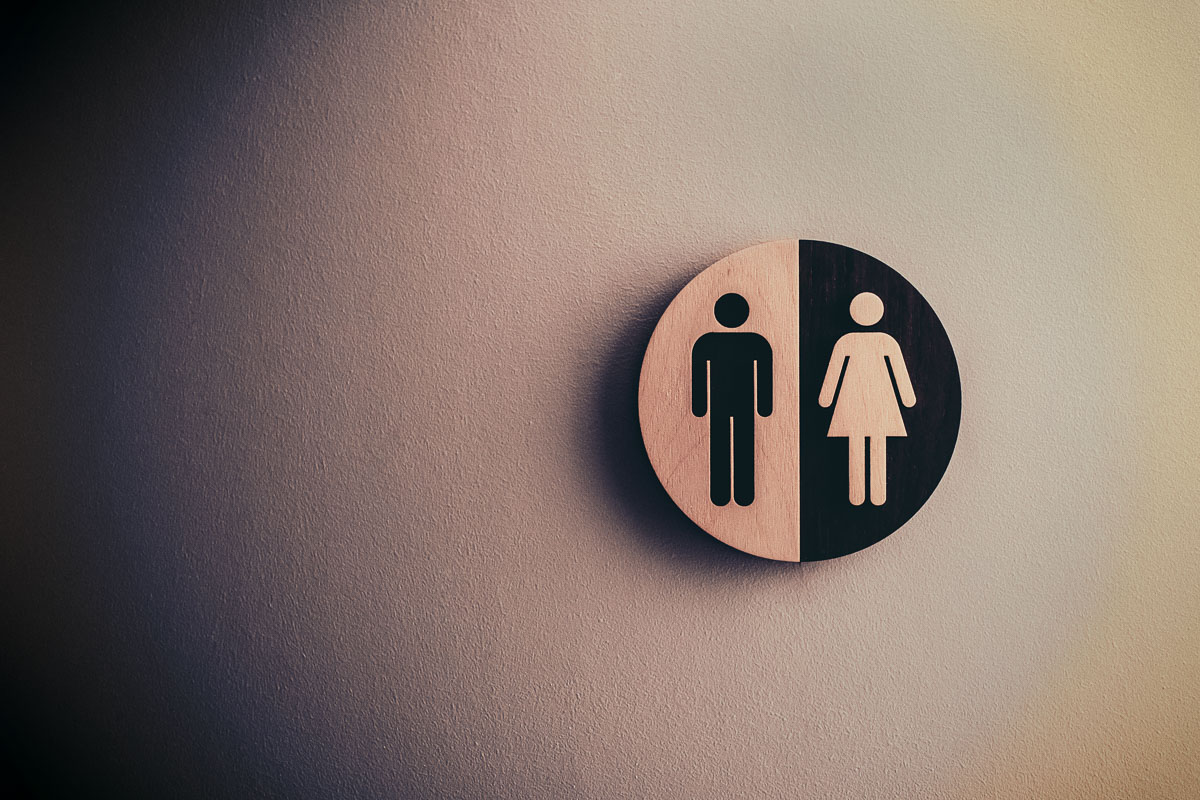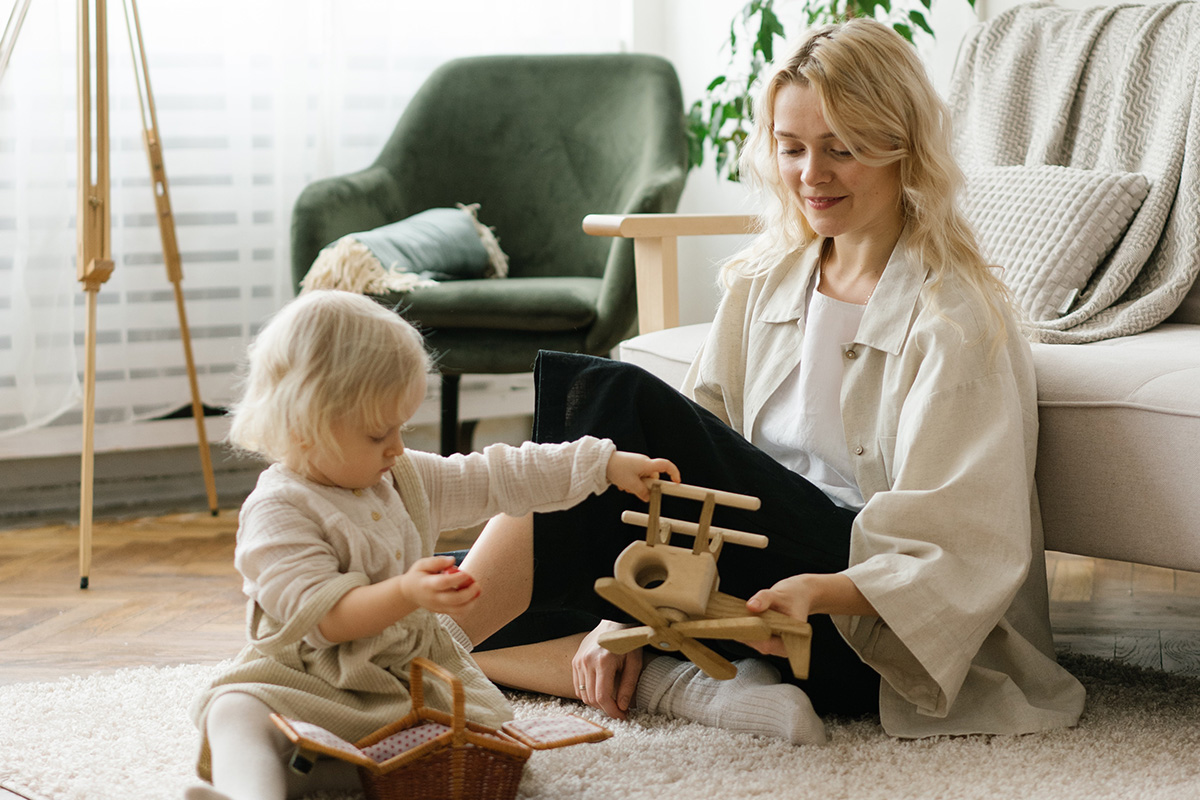Financial Education and Believing in Our Capabilities: Key Elements to EMPOWER TODAY’S WOMAN
Women: Producers, Reproducers, and Creators, but with Limited Economic Opportunities. Are We Superwomen Forgetting our Capes?
Gender disparities are still prevalent in today’s society. Despite the progress made in fighting for women’s rights, inequalities continue to make headlines.

Men and women are neither better nor worse; we are simply different. How many conversations have revolved around whether women are the same or different from men?

Last month, I went out for dinner with some friends. Marta, who lives in Miami, occasionally visits her family and friends. It was one of those occasions when Marta invited us to one of her favorite restaurants. Usually, it’s an all-girls gathering with the occasional single friend, but this time, to our surprise, we were equal in number: Nuria and Emma came with their husbands, and Marcos had recently separated and joined our dinner.
While waiting for our food to arrive, the topic came up. Marta asked about my sister, and I shared that she had been unemployed for a few months and had applied for a couple of jobs that perfectly matched her qualifications, but she hadn’t been called for an interview.
At that moment, I said, “Did you know that women have a 30% lower chance of being called for an interview?”

But I hadn’t even finished the sentence when Marcos and Juan, two guys full of masculine energy, jumped in, proclaiming that it wasn’t possible; that they selected people based on merit at their workplace and never took gender into account.
It was at that moment that we started a very engaging conversation about gender, roles, money, and the home. I couldn’t help but mention some statistics that discriminate against women.
Here are the data that demonstrate the gender gap
Despite our ability to be producers in the economy, caregivers in the family, and caretakers of children and the elderly, it seems that society considers us less deserving of salary opportunities, job promotions, or access to credit.
The statistics reveal that:
- Women are less likely to be granted loans. According to a study by Harvard Business School, female entrepreneurs have a 60% lower chance of receiving funding.
- There is a 20% gender pay gap. Women earn 20% less than their male counterparts when performing the exact same job. You may recall that a few years ago, Hollywood actresses shed light on this issue globally.
- A woman has a 30% lower probability of being called for a job interview compared to a man with the same qualifications, according to a study by the La Caixa Social Observatory.
- UN Women and the World Bank affirm that women are more likely to be in poverty than men, particularly between the ages of 20 and 34.

But, on the contrary, it often happens that:
- Women are the ones managing household finances, dedicating 12 and a half more hours per week than men (Source: Eurostat). These tasks are obviously unpaid.
- Despite lacking financial education, according to the Women’s World Banking Annual Report, “women save more and better than men.”
- Women tend to contribute larger portions of their income to family consumption compared to their male partners, according to the International Labour Organization.
As expected, Juan and Marcos wanted more information about these studies and disagreed with some of the comments made by women during the dinner. Of course, the phrase “women are compulsive shoppers! With the internet, you’re shopping all day long” came up.
All the women here protested against that statement! And Luis and Javier wore a slight smile, indicating their compadres, saying, “Oh, we’re stepping into a dangerous territory here.”
It was time to discuss financial education, and I couldn’t resist.
Do men and women have the same knowledge about money?
It is true that society is not financially educated, neither in schools nor universities. Curricula do not include topics such as saving, planning, or creating an emergency fund.
It’s no wonder, then, that the majority of the population doesn’t create a budget, have a savings plan, or set money aside for emergencies. Many people live paycheck to paycheck, unsure of what tomorrow will bring.
According to a study by the American Psychological Association (APA), 75% of respondents stated that lack of money was their main cause of stress.

Throughout years of research on financial education and gender, and reading numerous international studies, two conclusions have always caught my attention:
- Women demonstrate less financial knowledge compared to men (Gallup).
- Women have less confidence in their abilities compared to men, undervaluing their own capabilities.
The accusation that women are compulsive shoppers had struck a chord with me. Perhaps we do a lot of online shopping, but it’s because we take care of the family and the household. And despite always wanting to be “superwomen,” we often think we need to do more.
Why don’t women believe they are good enough? The Pygmalion Effect or Self-Fulfilling Prophecy
In the study “Challenges of the persistence of gender roles and stereotypes in the choice of higher education,” it was found that girls tend to undervalue their competence in subjects typically associated with masculinity, such as science, technology, and mathematics, even if they have better grades than boys. Conversely, boys tend to overvalue their own competence in these areas.

And when we analyze numerical and financial knowledge, once again, women undervalue their knowledge while men overvalue theirs.
Studies reveal that women, despite being equally prepared and capable as men, tend to underestimate themselves.
At this point in the conversation, we were already having dessert. Luis and Javier, with their skills and abilities, were trying to ease the tension between the women. Marta, in an attempt to shift the conversation, suggested that maybe my sister could do what I did and start her own business.
But my sister, despite having many skills, having lived abroad for over 10 years, and working for international companies, doesn’t believe she is capable of being good at anything.
That’s when I launched the following question to the other women:
Is it the fact that we are paid less for the same work, or that we have fewer interview opportunities, or that we are less recognized, or that we often have to sacrifice our careers to focus on family, that creates this undervaluation and lack of confidence in ourselves?
Are we facing the so-called Pygmalion effect, also known as the Golem effect, which diminishes our self-esteem?
If so, the reason for our undervaluation would be the society itself and the stereotypes created.
Biologically, women are more emotional, and men are more logical.
(This statement particularly amused Juan 😊).
This leads us to create stereotypes such as women being sensitive and empathetic, taking care of household chores and childcare, while men are strong and brave, focusing on earning money.

Some things have changed, others… not so much
In terms of culture and tradition, it’s difficult to associate the concept of women with money.
Interestingly, the Latin word “patrimonium” (heritage) comes from the combination of two words: pater (father) and monium (property), which means “father’s property.”
So, generation after generation, it has been the man who has been responsible for creating wealth and contributing money to the household.

Obviously, we cannot forget that women have had to fight to get where we are today. There are still many countries where many rights are not recognized, such as the right to vote, access to the labor market, education, or even having a bank account.
Not long ago, our country passed a law in 1978 that granted women access to a bank account and the ability to operate it without the consent of their husbands.
Life has been changing, the world is becoming more expensive, and society’s needs are growing and becoming more demanding. Salaries do not rise as much as prices do.
Having two incomes in the household is increasingly necessary to make ends meet. With this change, it is no longer solely the man’s responsibility to provide for the “patrimonio” (wealth), but rather both partners contribute out of necessity rather than vocation. However, the care of the family and the home continues to be predominantly delegated to women. This aspect has evolved very little.
At this point, everyone agreed with me. We discussed how life was expensive, prices had risen uncontrollably, and those who had families were fortunate to have women who took care of most household matters.
Then, my friend Marta suggested, “So, what solution do you propose?”
As expected, I told them that, for me, the key lay in financial education.
Investing in financial education is a crucial element for women’s empowerment
In a study on financial education and gender that I led, we found that men are more willing to educate themselves on financial matters and even invest in their financial education. In contrast, women, with lower knowledge and a lower belief in themselves, have less willingness and tend to invest less in their financial education.
This is a serious mistake if we want to reduce the gender gap.

Perhaps they do not consider it necessary, or maybe they still believe that, as the word “patrimonium ” suggests, it is the man’s responsibility.
What is clear is that this needs to change. It is necessary for women to empower themselves financially in a conscious way and demonstrate the same skills they use in managing their household economy.
If we, the women of today, want to change these statistics, we must take action.
Each one of us must promote education and believe in our own abilities to empower women.
Financial education provides us with tools for independence and freedom. Empowerment brings us security and courage.
Because a society with financially empowered women is a more equal and just society.
As Socrates wisely said, “Knowledge makes us free.”
